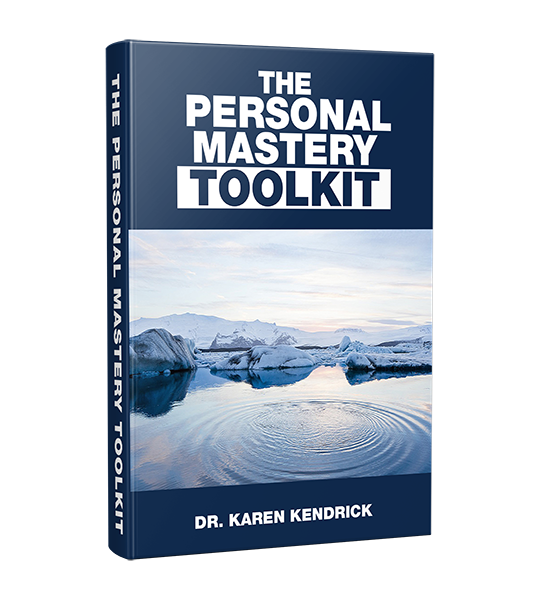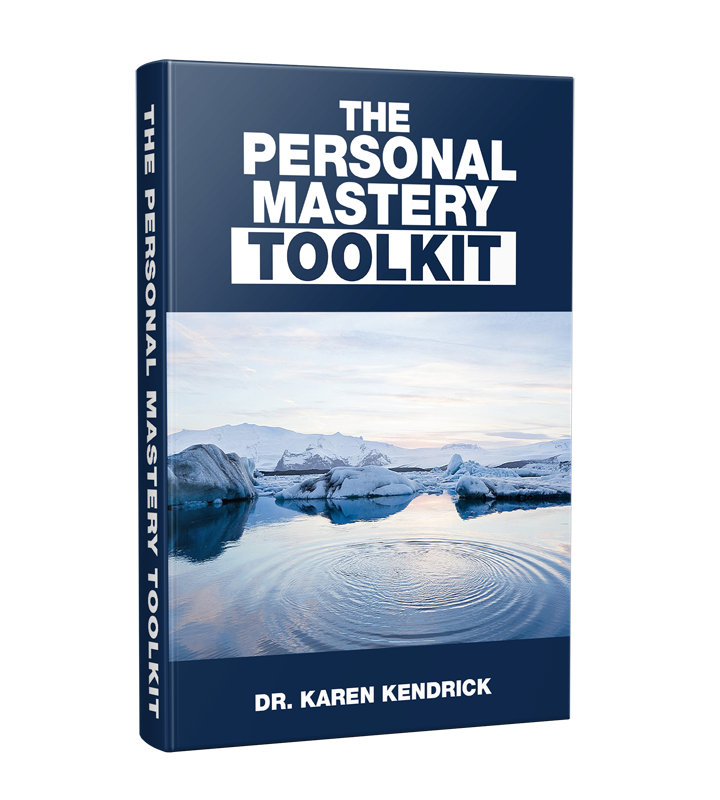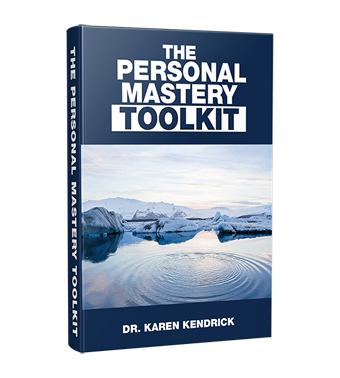HOW TO AVOID REGRET
If you’ve said or done something you regret or failed to take action on something when you had the chance, you’re not alone.
It’s natural to have regrets from time to time, but the question is, what can you do proactively to avoid having more of them?
To avoid regret, it’s first helpful to understand the concept in a little more detail.
Regrets tend to fall into 2 categories: 1) In-the-moment and 2) Long-term.
In-the-moment regrets are ones that happen on-the-spot and aren’t necessarily repeated on a regular basis.
But they can still be actions or statements that you did or didn’t do that cause significant pain or a problem. You said something hurtful to your spouse in anger that you wish you hadn’t. You forgot your daughter’s birthday. You missed out on a great house purchase because you didn’t act fast enough to make an offer.
Long-term regrets are ones that represent a pattern of doing or not doing something over an extended period of months or years.
You tend to discover these regrets long after the damage is done, and often when it is too late to undo the consequences. Typical regrets of this type include wishing you’d spent less time working over the years and wishing you’d told someone you loved them more often before they died.
Both types of regrets can create lasting pain. The trick is to be more conscious of what behaviors might trigger long-term regret before a pattern emerges and to catch in-the-moment regrets early and try to repair them.
Here are 5 strategies to help you avoid and deal with regret:
1) Make a list of things you’d most regret if you didn’t do them
For some people, these may be “bucket list” type items to do before you pass away. For others, this may be day-to-day things that you consider to be an important part of everyday living, such as spending time with your kids. Or it may be a combination of both. They key is to become conscious of what is really important to you, so you can make the right choices when a moment presents itself.

Get a FREE copy of The Personal Mastery Toolkit.
Raise your game and lead an exceptional life.
2) Look at past examples of when you’ve felt the most regret
This could be anything from saying something negative about someone, to doing something dishonest. Once you’ve gotten in touch what the negative emotion of regret, it’s easier to build commitment to avoiding the same behavior in the future. Much like if you remember the negative physical sensation of being sick the last time you ate a certain food that didn’t agree with you, you’ll be more motivated to avoid it.
Try to imagine the worst-case scenario where the action would cause lots of pain to yourself, family, friends, work life, etc. The more vivid the picture becomes, the easier it will be to avoid that behavior.
3) Live consistently with your standards and values
For many people, regret happens when we don’t live up to our own standards and values. When you aren’t acting in ways that support your beliefs and sense of what’s right and important, you will eventually feel some pain.
In order to stay aligned with your principles, it’s important to be crystal clear on what they are and what they mean to you.
Take the time to reflect and write down what you believe in and what your top 5-10 values are that you won’t comprise on.
Write down why these values and standards are important to you.
Once you have that clarity, it will be easier to keep these guideposts cemented in your mind, and to stay connected with them as you make decisions and take action.
WANT TO ACCELERATE YOUR PERSONAL GROWTH AND SUCCESS?
Take the BRILLIANCE BLUEPRINT™ digital course.
4) Keep a journal
Keeping a journal is a natural exercise in self-reflection and helps prompt you to consciously evaluate what’s going on in your life and how you feel about it. By increasing your self-awareness of your actions, decisions, and feelings, you’re less likely to do or say things you regret or let it escalate. Using a journal can also help you think through strategies to shift your behavior going forward or to rectify problems early.
5) Learn to make amends and good apologies in a timely way
In the event you have in-the-moment regrets about something you said or did, find the courage to say you are sorry. Avoid letting conflict go unresolved for too long. One of the biggest regrets that people tend to have is not resolving things soon enough and winding up with broken relationships.
Stay vigilant to hurt that you may be causing people and be prepared to take feedback and action to repair things. Be generous in making amends so that you don’t regret later how you responded to an opportunity to fix things.
DIVE DEEPER: Avoid more regrets with greater self-knowledge and mastery of how you think about your life story here.

Get a FREE copy of The Personal Mastery Toolkit!
Raise your game and lead an exceptional life.
IF YOU LIKED THIS CONTENT, CHECK OUT:
NEW TO KAREN?



